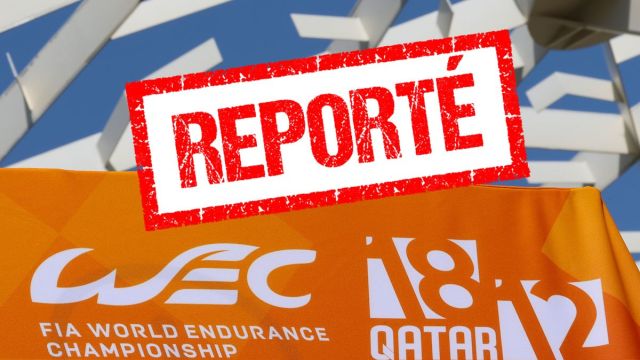WEC - The secrets of the V6 combustion engine of the Ferrari 499P (+ video)
With the advent of the top class known as the “Hypercar”, prototypes competing at the highest level of endurance racing can have a hybrid powertrain that combines an Internal Combustion Engine - ICE, transmitting torque to the rear wheels, with a front axle-mounted Electric Recovery System - ERS. “To create the engine for the 499P, we took advantage of Ferrari’s experience in both racing and road-going cars: from the V6 platform used for the 296 GTB, we derived the engine for the 296 GT3 and, with the appropriate modifications, the unit for the 499P,” explains Lucio Calogero, Endurance Race Cars Power Unit Design and Development Manager.
Power - The internal combustion engine is capable of delivering a maximum power output at the wheels of some 500 kW (680 hp) which, added to the 200 kW (272 hp) guaranteed by the electric unit, allows the 499P’s Power Unit “to have an installed power output approaching 1,000 horsepower,” specifies Calogero. The FIA WEC’s technical regulations, however, require us to limit the power delivered at any one time to around 500 kW overall, a distribution that maximises performance when the four-wheel drive is activated.”
Know-how - The Ferrari 499P that won the 24 Hours of Le Mans, the fourth round of the FIA WEC 2023, is a car that brings onto the track several technologies that represent the cutting edge of the automotive industry. “The combustion engine is part of the new V6 platform developed first for road cars, then for competition cars,” continues Lucio Calogero. Overall, the ICE is made up of around 500 components that are assembled in the prototype departments; those dedicated to the engine of the 499P were made with the aim of reducing weight to a minimum, using materials that would allow the best relationship between strength and lightness.
Load-bearing engine - What are the distinguishing features of the 499P’s engine? "It features a 3-litre, six-cylinder, 120° banked engine with the turbochargers arranged within the two banks, so we are talking about an architecture known as the ‘Hot V’,” details the Maranello-brand engineer. “All the components are structural. They have been redesigned specifically for the 499P to make it a load-bearing engine, i.e. an essential part of the chassis itself. Its specific racing application, furthermore, has allowed us to develop new concepts that could serve as groundbreaking technologies for future road-going applications.”
A thousand hours - Designing and fine-tuning an engine intended for endurance racing is an exercise that requires multiple factors to be taken into account. “Its performance and reliability were developed on the testbenches of the road cars factory. We started from the dynamic benches, on which the performance and controls were calibrated, then moved on to reliability, a fundamental aspect in endurance racing to which we dedicated around 1,000 hours of development,” recalls Lucio Calogero. “At that point, work continued on the dynamic workbench we have in Maranello and the refinement of performance on the track” over the months dedicated to development following the Shakedown on 6 July 2022.
The driver’s view - “When we drive, we look for an engine that’s an ally, which is very responsive when we need it and at the same time has a linear delivery from the beginning of the power peak to the maximum power peak,” explains Nicklas Nielsen, driver of the number 50 499P shared with Antonio Fuoco and Miguel Molina. The Hypercar gives the crews a choice of different mappings during the race that allow them to optimise their strategies in relation to various factors. “We have various options depending on the type of circuit, weather or track conditions at any given time,” the Dane explains. “The small, compact rear engine is very efficient, something we understand for example during Full Course Yellow or when we are behind another car and need to save fuel.”






Comments
Log in to comment the article